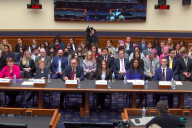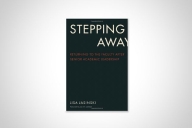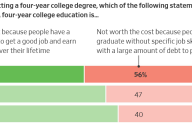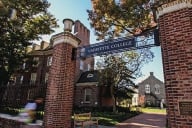You have /5 articles left.
Sign up for a free account or log in.
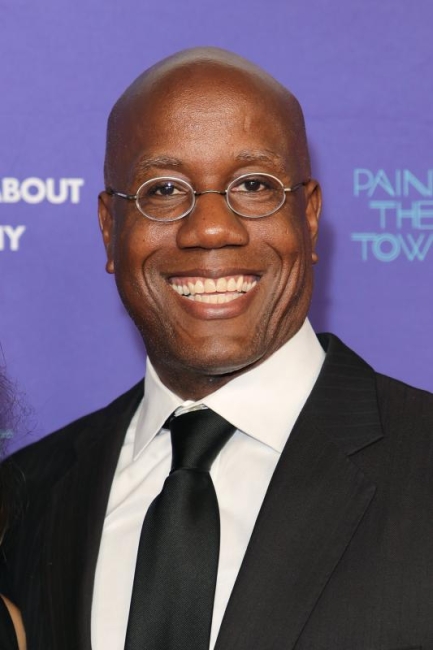
Temple University president Jason Wingard resigned abruptly on Tuesday after less than two years on the job, the Board of Trustees announced.
The move comes amid a period of turmoil at the university, marked by a contentious seven-week strike by graduate student workers, the shooting death of a Temple police officer last month and ongoing fears of violence in the North Philadelphia neighborhood where Temple is located.
The Temple board vowed to increase its oversight of the university earlier this week because of what board chair Mitchell Morgan called “an unprecedented confluence of serious challenges.”
Wingard recently found himself pressed from all sides. He controversially stripped striking student workers of their tuition remission and health care benefits—a move he later reversed. He remained unable to quash students’ and parents’ fears of violence spilling onto campus from adjacent neighborhoods, despite adding campus police and providing grants to area property owners to increase public safety by installing lights and cameras. He also launched an effort to rank off-campus housing based on safety features.
Wingard had promised to move into a neighborhood near campus. But as public safety concerns and other problems have persisted, a Temple News survey last week found that 92 percent of students disapproved of the president’s performance, The Philadelphia Inquirer reported.
Enrollment has also fallen 14 percent since 2019, according to the Inquirer, and deposits for next year are down 25 percent from a year ago at this time.
The faculty had planned to hold a no-confidence vote on the president the week of April 10.
A board statement released Tuesday praised Wingard for his contributions to the university while touching lightly on the challenges that persisted under his leadership.
“Given the urgent matters now facing the university, particularly campus safety, the Board and the administration will ensure the highest level of focus on these serious issues. We understand that a concerted and sustained effort must be undertaken as we attempt to solve these problems,” Morgan said in the statement announcing Wingard’s departure. “At the same time, we acknowledge that these issues adversely affect all of the University’s constituencies. We recognize that solutions will be most effective, impactful and long-lasting when they reflect the perspectives of so many different groups who care deeply about Temple’s future. We remain confident that the university can overcome these challenges with your support.”
University officials did not provide a copy of Wingard’s resignation letter to Inside Higher Ed.
The board said it aims to move quickly to find his replacement.
“The plan over the next week is to identify interim leadership and then move forward with a search for a new president,” Morgan told The Philadelphia Inquirer. “In the meantime, we have a strong core group of senior administrators that we will rely on.”
Wingard, Temple's first Black president, came to the university with a background straddling both the corporate and academic worlds. His experience includes stops at Stanford University, Columbia University and the Wharton School of the University of Pennsylvania, as well as stints at Goldman Sachs and the Aspen Institute. Wingard also taught at Temple on topics such as management and leadership.
Drawing on his corporate experience, Wingard wrote an opinion piece for Inside Higher Ed last year arguing that “higher ed must change or die.” He urged administrators to “broaden access, leverage our industry and corporate partnerships to create scholarships and funding sources, and pursue entrepreneurial investments that seek to incubate alternative ventures.”

